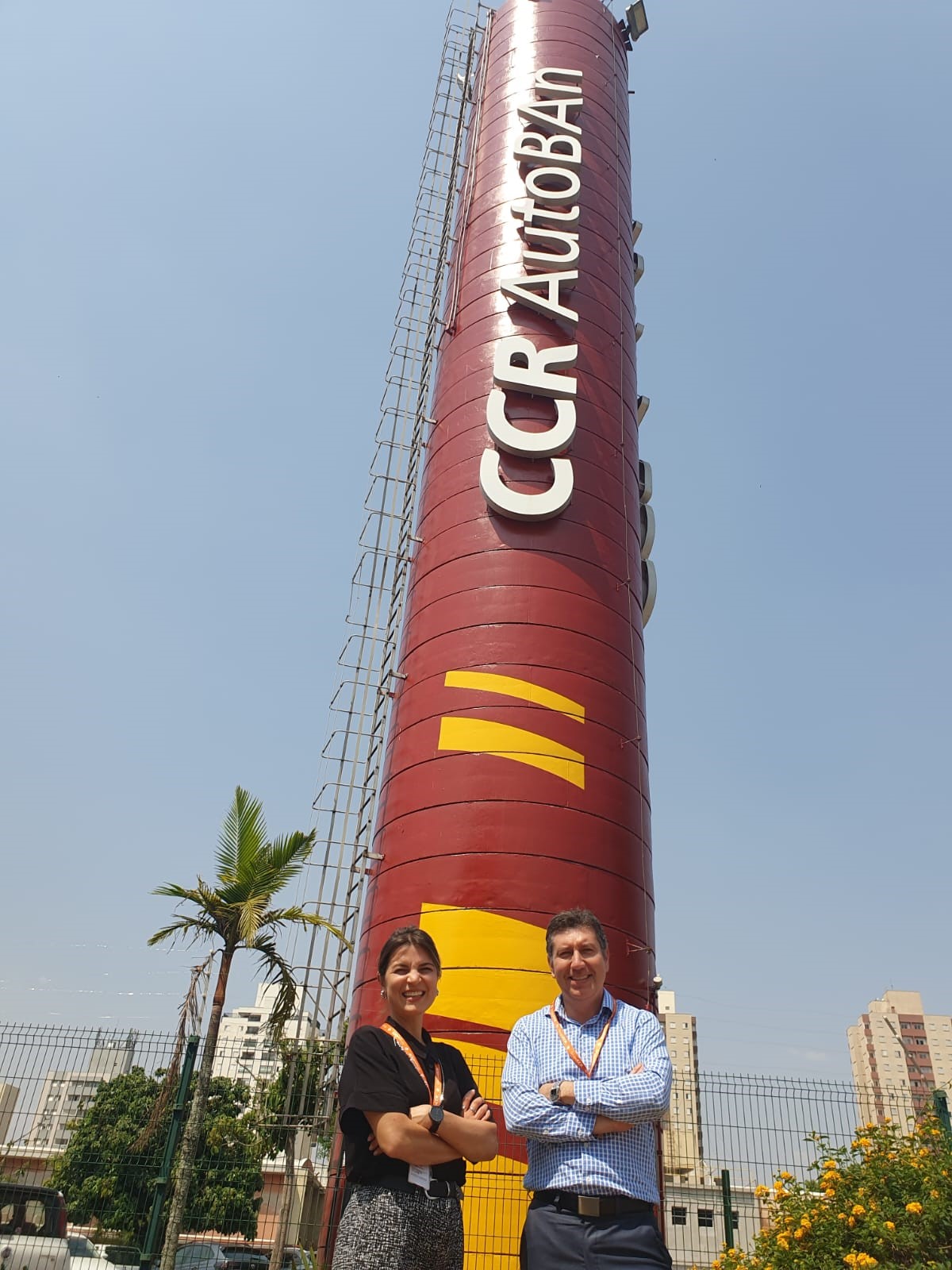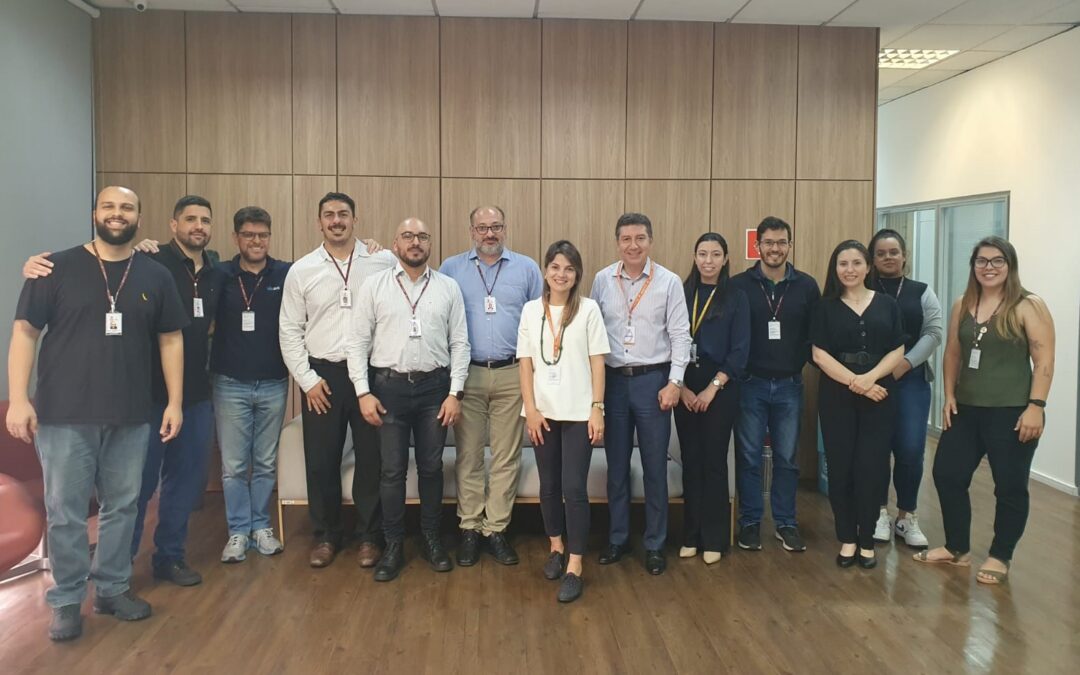The largest concession company in Brazil, CCR Group recently received training in the iRAP Methodology and tools to support the maximisation of road safety on their eleven road concessions in the country.
The Rio-SP concession, managed by the CCR Group, aims to achieve a 4-star rating for its entire network by the end of the 30-year concession period.
Mario Sergio Ferreira, Coordinator of the Center of Maintenance Engineering and Safety of CCR Group said, “CCR has the vision of leading the mobility sector with a focus on sustainability and improving people’s lives through mobility. Prioritizing safety is critical. The iRAP Methodology provides us with a globally recognised and objective measure of the level of safety that is ‘built in’ to our road assets,” he said.
To gain a deeper understanding of the Star Rating Methodology and its application in the toll road context, the Group reached out to iRAP for assistance.
iRAP Global Projects Director Julio Urzua and Project Coordinator Shanna Lucchesi delivered a two-day training to CCR team members from various departments, with representatives responsible for planning, design, and maintenance of the group’s road infrastructure.
The training covered the essential aspects of iRAP Star Ratings, Safer Road Investment Plans and performance tracking.
Participants also had the opportunity to explore best practice key performance indicators (KPIs) for concessions, as well as the benefits of utilizing Star Rating for Designs (SR4D) and the Route Review Tool (RRT) to achieve the target of 4 stars or higher.
Julio Urzua, Strategic Projects Director of iRAP said, “The vision of iRAP is a world free of high-risk roads, and in that regard the concessioned road operators play a predominant role in providing a safe infrastructure to all road users. This training represents a great opportunity to enable CCR´s engineers to understand the iRAP tools and their benefits for the company and its users.”
CCR Group has 18,000 employees and 3,600 km under its administration and operates highway, urban mobility and airport concessions in thirteen Brazilian states.

Images credit: Shanna Lucchesi, iRAP

















